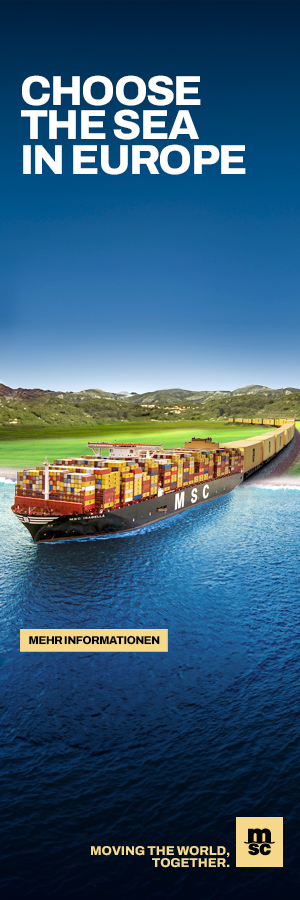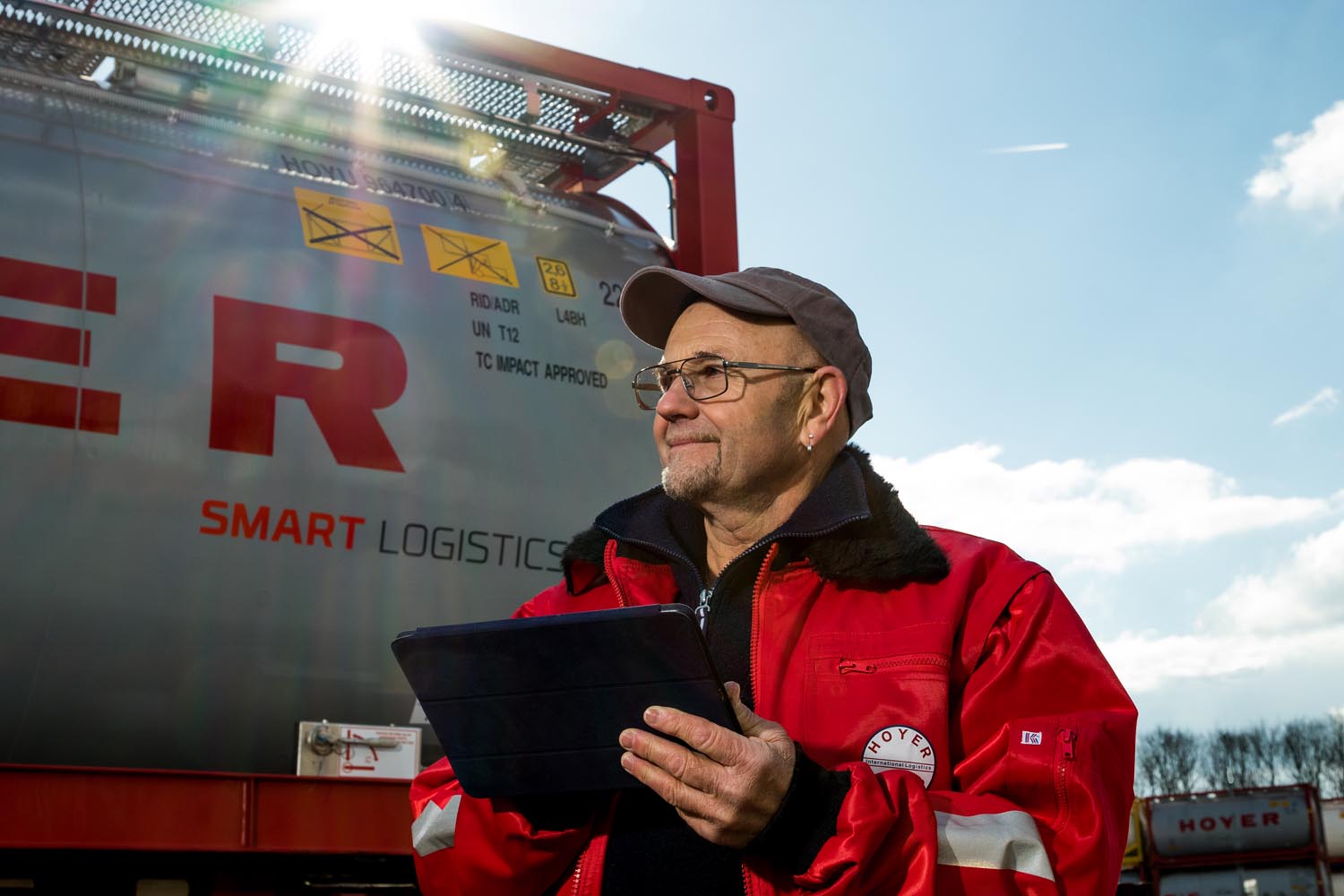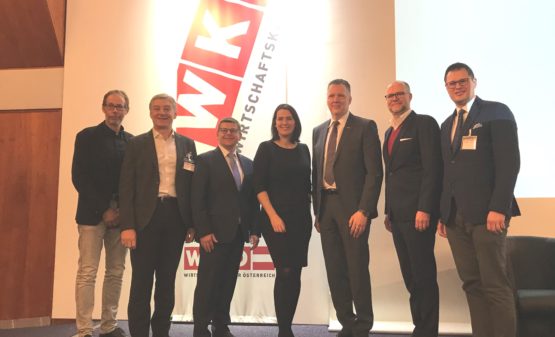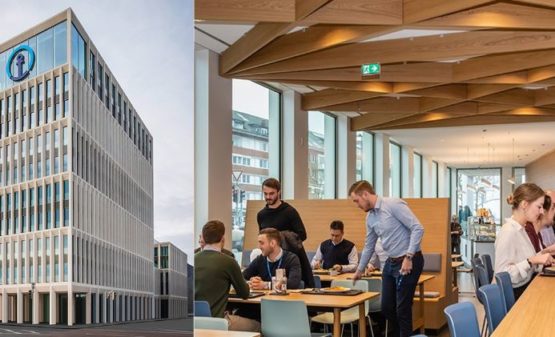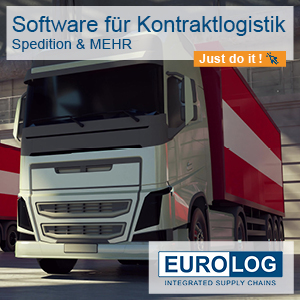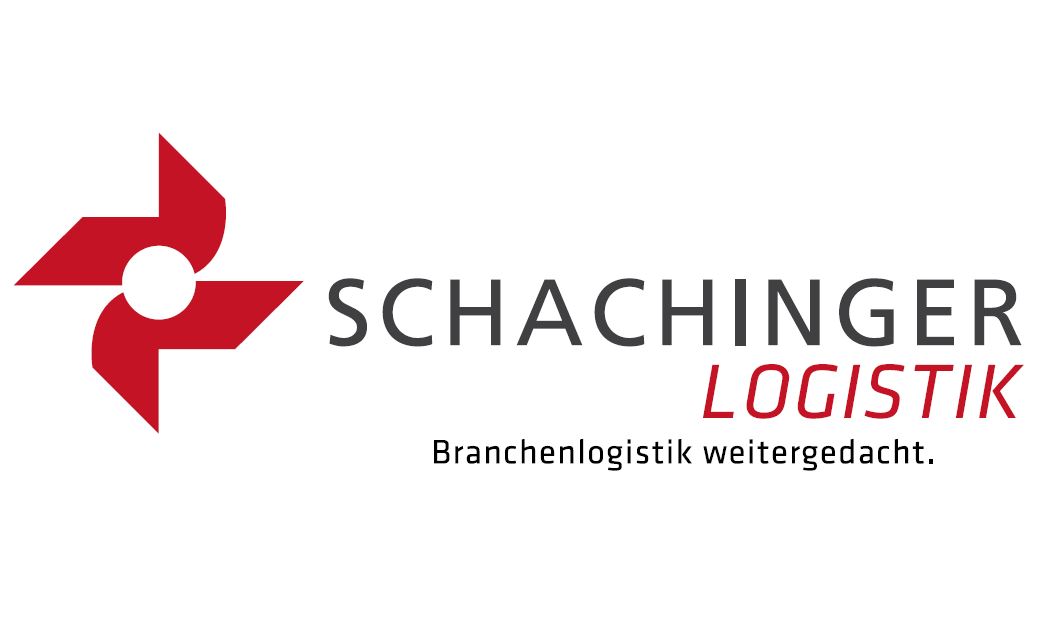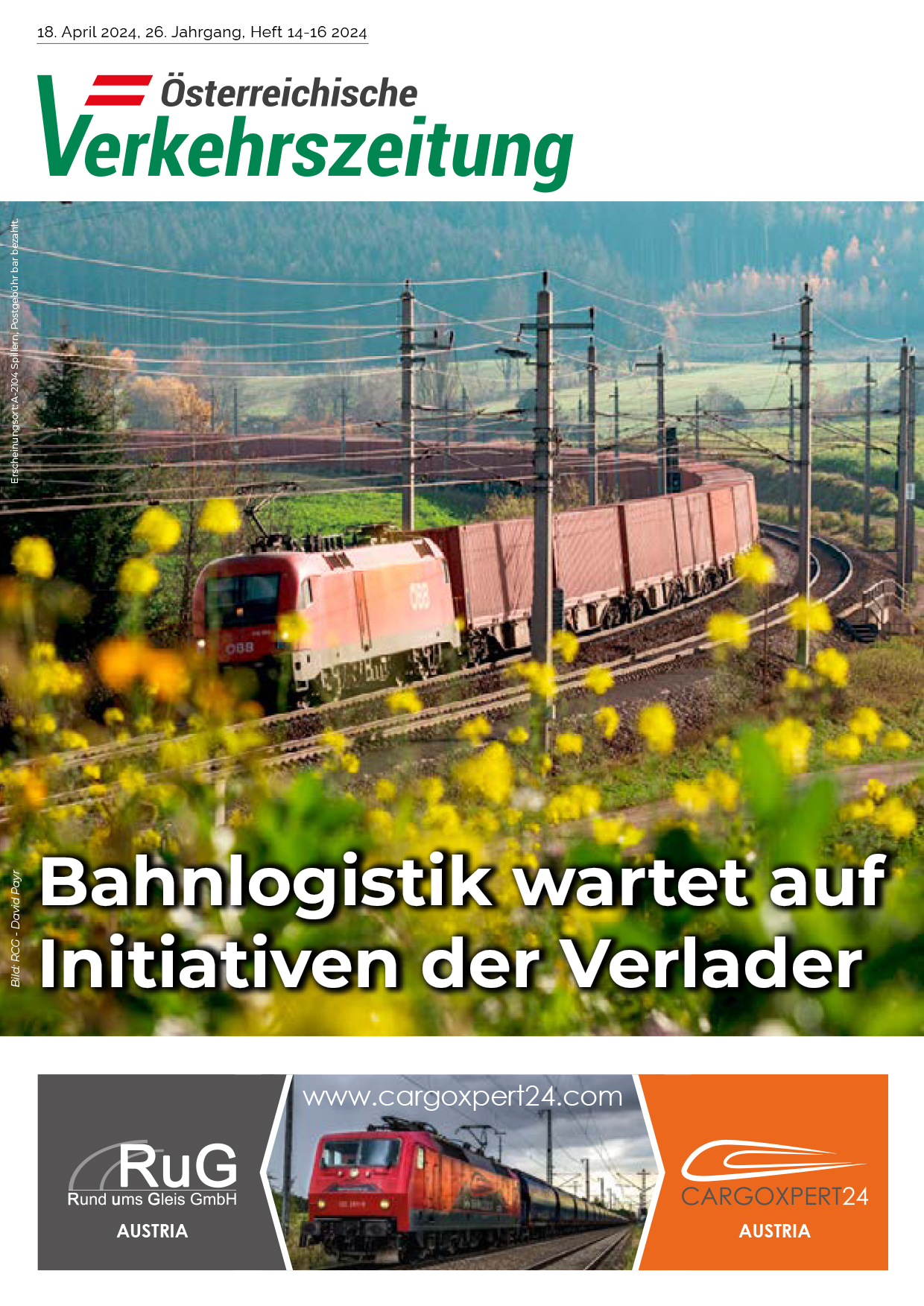The Hoyer Group delivers chemical products, foodstuffs, gas and mineral oil in tank containers, road tankers, flexitanks and IBCs safely and efficiently to destinations around the world. Monitoring the parameters of products in transit, e.g. temperature, filling level, pressure and the tank container’s location, are important factors in this operation based on which the safety, security, efficiency and consistent quality of transport movements are guaranteed. The Hamburg-based logistics specialist has reached another milestone by equipping more than 10,000 Smart Tank.
To make the controlling of the tank container fleet even more efficient, Hoyer has launched initial tests of telematics solutions twenty years ago. With Smart Logistics, the company is today the innovation leader in intelligently networked logistics, and offers smart solutions to monitor, analyse and optimise logistics processes. One of the key elements is systematically upgrading the fleet to so-called Smart Tanks.
According to Marlen Blechschmidt, Head of Digitalisation Business Unit Netlog at Hoyer: “By using this technology, our Smart Tank will report deviations in critical load parameters, thus offering our customers even more safety, quality and efficiency for the product being transported.” Heiko Rumfeld, Director Business Unit Netlog at HOYER, adds: “Over 10,000 tanks equipped with smart technology strengthen our market position and innovation leadership. The demand and customer feedback confirm the success of our Smart Tanks.”
Hoyer a traditional independent family business, has been one of the world’s leading bulk logistics providers since 1946. As a specialist, it has extensive know-how in the provision of complex services, and has special customer proximity. It develops and implements comprehensive solutions in European and worldwide bulk logistics, particularly in the chemical, food, gas and petroleum industries. For this, 6,500 employees in more than 115 countries support clients with logistics solutions. Hoyer owns around 2,400 trucks, 2,700 road tankers, 43,100 IBCs, 39,200 tank containers and numerous logistics installations with depots, cleaning plants and workshops.

